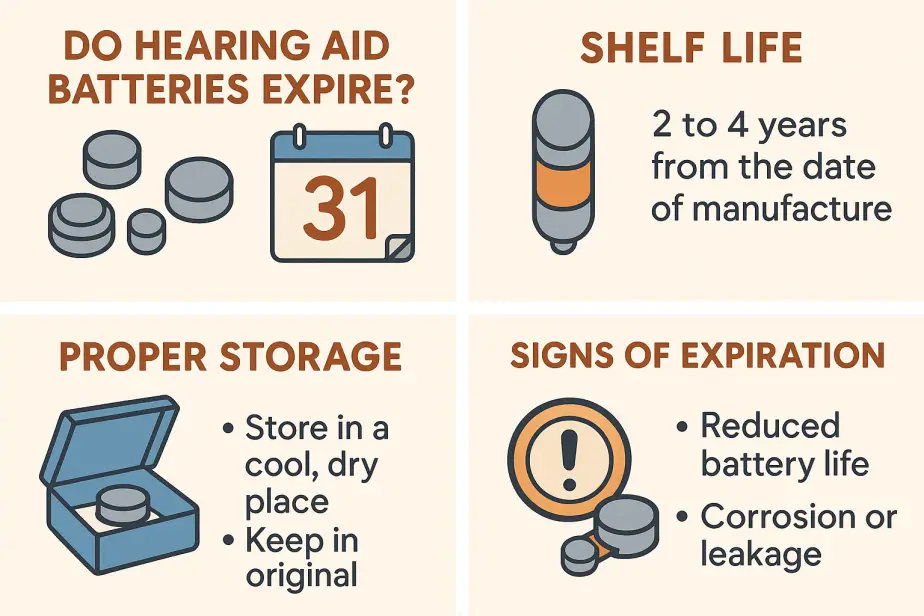This post contains affiliate links. As an Amazon Associate, I earn from qualifying purchases.
For individuals who wear hearing aids, the transition from amplified sound to natural hearing—or near silence—can be a profound experience. While some find relief in the quiet, others encounter an increase in tinnitus, a sense of disconnection, or even feelings of unease. In this article, we explore what people experience when they remove their hearing aids at night and how they manage the transition for better comfort and sleep quality.

The Experience of Silence—Or Lack Thereof
One of the most common responses from individuals with hearing loss is the calming effect of silence. Many wearers describe taking out their hearing aids as a moment of relaxation, where the noise of the world fades away, allowing their minds to unwind before sleep. This is particularly true for those with severe-to-profound hearing loss, as environmental sounds become almost nonexistent once their devices are removed.
However, not everyone experiences true silence. Many individuals report an increase in tinnitus—a ringing, buzzing, or hissing sound that becomes more noticeable when external sounds are removed. For some, tinnitus is mild and manageable, but for others, it can be a source of frustration, making it harder to fall asleep or stay asleep.
The Role of Tinnitus in Nighttime Hearing
Tinnitus is a major factor in the nighttime hearing experience. Without the auditory stimulation provided by hearing aids, the brain often perceives the lack of external sound as an increase in internal noise. Several individuals report that their tinnitus becomes more pronounced once their hearing aids are removed, with descriptions ranging from faint ringing to a loud swarm of locusts.
To cope with this, some wearers choose to leave their hearing aids in at a low volume (if safe and recommended by their audiologist) or use alternative strategies such as:
- White noise machines or sound therapy – Playing brown noise, ocean sounds, or soft music can help mask tinnitus and create a more soothing sleep environment. Many apps offer free access to these sounds, or you can use a bedside tinnitus masker.
- Fabric sleep headbands with built-in speakers – These devices allow wearers to listen to calming sounds without discomfort while lying down.
- Pillow Speakers – Small speakers that go under your pillow to provide gentle masking noise without disturbing a partner.
- Mindfulness and relaxation techniques – Deep breathing, progressive muscle relaxation, and guided meditation can reduce the anxiety triggered by tinnitus at bedtime.
Feelings of Disconnection and Adaptation
For some individuals, removing hearing aids at night brings about a sense of isolation. This can be especially pronounced when staying in unfamiliar places, such as hotels or hospital settings, where the absence of auditory cues causes disorientation or vulnerability. This disconnection can lead to heightened anxiety, especially for those with moderate-to-severe hearing loss.
Over time, many individuals adapt to this change. The brain gradually becomes accustomed to the lack of amplification during sleep, and routines are developed to cope. Some people still hear certain sounds—like pets walking, alarms, or a partner snoring—but these sounds are often muffled and less distinct.
The Relief of Removing Hearing Aids
Despite the potential challenges, a significant portion of hearing aid users report a sense of relief when removing their devices at night. This relief may be due to:
- Cognitive fatigue – The brain works hard to interpret sound all day. Hearing aid users often feel cognitively exhausted, and removing hearing aids allows for mental rest.
- Physical comfort – Hearing aids, particularly custom-molded or behind-the-ear models, can cause pressure, itchiness, or discomfort after extended wear.
- Preference for natural quiet – Some individuals enjoy the peace and quiet at night, even if they do not experience complete silence.
When to Speak with an Audiologist
If you’re struggling with tinnitus, nighttime anxiety, or other issues when you remove your hearing aids, consider speaking with your audiologist. There are options such as tinnitus retraining therapy (TRT), updated hearing aid programming, or sleep accessories that can dramatically improve your nighttime experience. You may also find value in resources from the American Speech-Language-Hearing Association (ASHA).
Conclusion
The transition from wearing hearing aids during the day to removing them at night is a unique experience. Some find peace in silence, while others battle increased tinnitus or feelings of isolation. Whether you find quiet refreshing or challenging, knowing that these reactions are normal—and manageable—can help you create a more restful nighttime routine. Always seek professional guidance if your symptoms persist or worsen.
Looking for more tips on hearing aid use and comfort? Explore all of our repair and maintenance topics.

